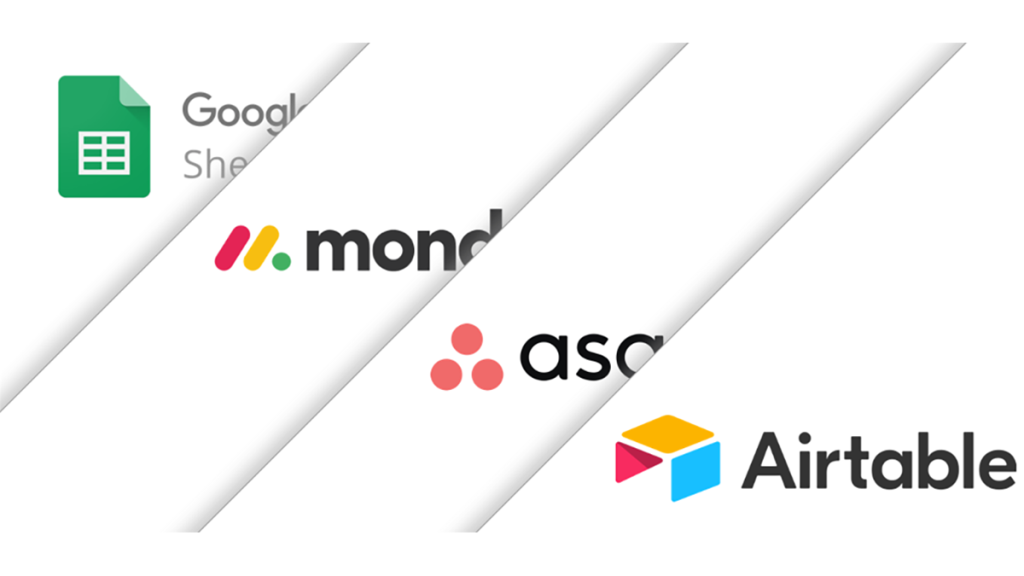
Choosing a tool to do a job it wasn’t built for
A.K.A: Journalism product management for small newsrooms
Earlier today I was pouring over an image search for walkers, zooming in on the way wheels and belts were attached to see which one might be 10% better for my son to use playing basketball when it hit me — I am constantly using tools in a way that they weren’t intended for in both my personal and professional life. This is a general theme when working on the product side of journalism, you rarely have the resources to build something from scratch and very few tools are built with journalism in mind.
With that in mind, I wanted to share my process for evaluating tools and mixing and matching them to put together for my RJI Fellowship project: the Community Sports Journalism Project.
Project mission statement
The Community Sports Journalism Project allows newsrooms with limited capacity to partner with community members to gather, publish and amplify stories on high school and community sporting events.
The idea for our project is to create a tool that will be able to text volunteer community members before a game to remind them to submit the scores and photos from the game. The message will include a link to a form that will allow them to enter the information and that will send it to become a WordPress story draft on the back end of our newsroom’s website.
Project requirements
Newsrooms are filled with smart and capable people. They are not always the most technically inclined however. For this reason we needed the tools we picked to be simple to set up and powerful enough to handle automatic text messaging with a large number of contacts.
Another major factor is cost. Newsrooms do not have extra money to spend, but if a project will increase audience engagement and create revenue streams, they might put a small amount of money towards it. For that reason I set the goal that we would spend less than $50 a month.
The main feature I looked for in this tool is to be able to automatically schedule SMS messaging before each contact’s team has a game. We can remind them of the game and provide a link to the form to submit the information.
Project hub tool trials
Contenders
Google Sheets
I love Google Sheets. A tool that has such an immense amount of capabilities and power under the hood. The main problem is that most of that power is under the hood and it takes some know-how to get it to work.
In order to get SMS messaging to work the user would have to get in and edit some Google App Scripts which is a nonstarter for many newsrooms.
Asana
The first “No Code” tool that I tried out was Asana. It has SMS integration capabilities and is a tool that is familiar to a lot of newsrooms. The aspect of the tool that I found to be confusing is that it is generally a team productivity tool and that the atomic unit of work is a task.
This is unhelpful in two ways.
- This project revolves around games in a season and defining them with the label of tasks is unintuitive.
- Although you can hack together a way to SMS message outside contacts, Asana is built to make communication within a team easier so it focuses mostly on task updates and it isn’t easy to dynamically insert data such as the Home and Away team names into the text.
Monday.com
Monday is another popular tool that I have seen a few newsrooms use. It has a great CRM template that could easily handle all of our SMS communications with team contacts. The only issue is that the minimum price is $36 per month which quickly approached our $50 limit.
Airtable
Airtable is a tool that is quite regularly used in many newsrooms. One of the attractions to the tool is that the end use is not as defined as many of the other tools listed above. And one of the most powerful features of the tool is its ability to mimic a database in that you can define relationships between entities.
In our case we created a “High School” type entity and defined its connection to contacts and the season schedule for each sport. It is also only $20 per month leaving us plenty of room in our $50 monthly budget.
In the end, Airtable’s feature set and powerful library of extensions won out over all of the rest of the tools.
